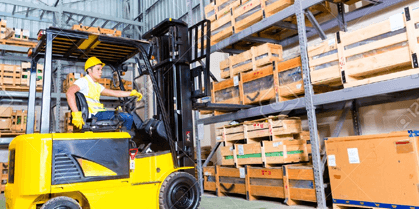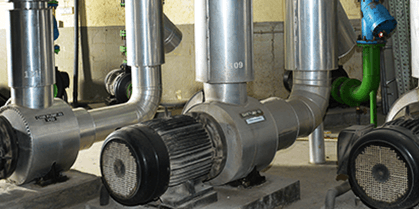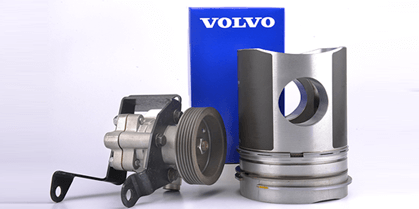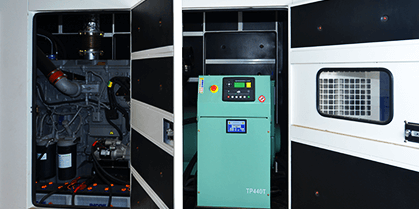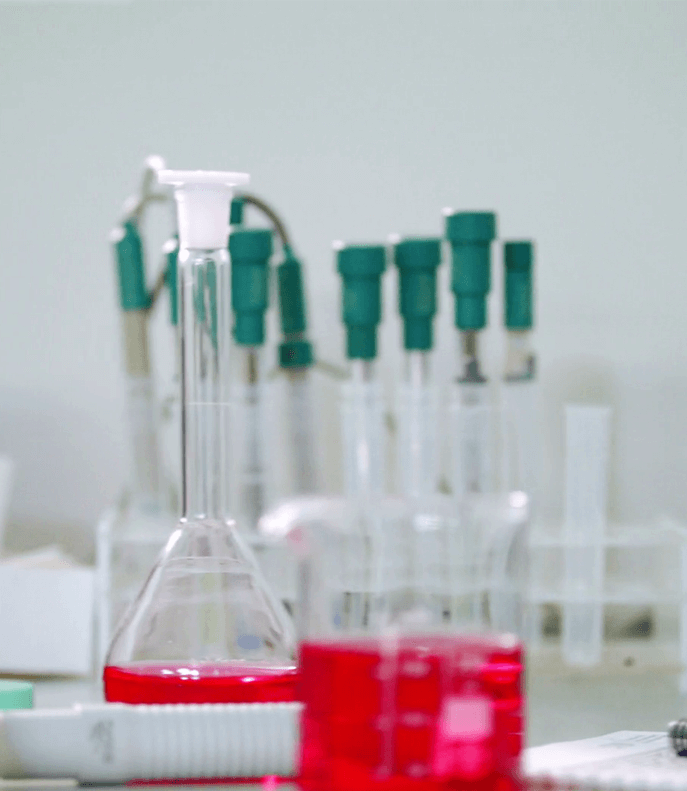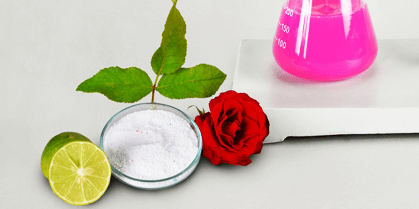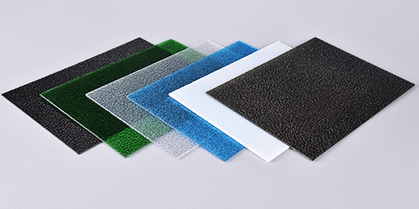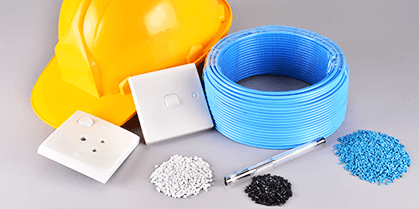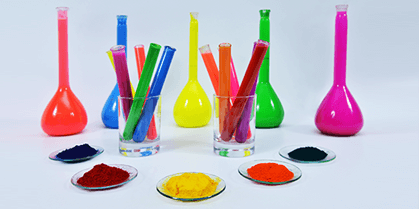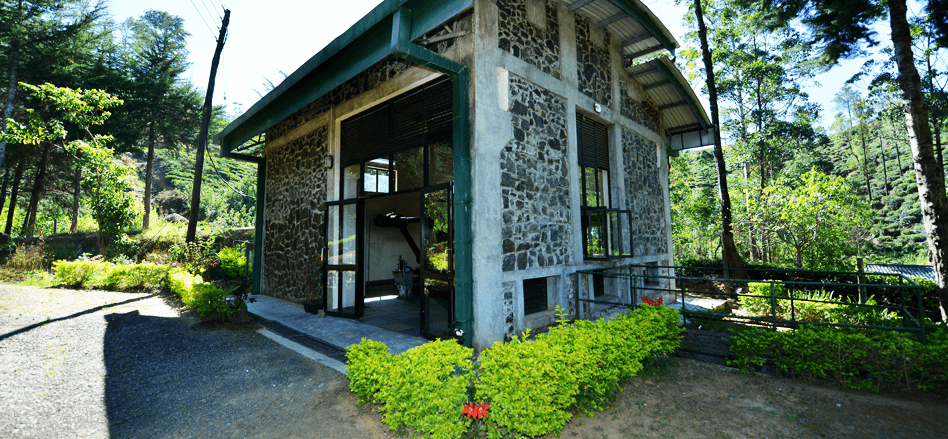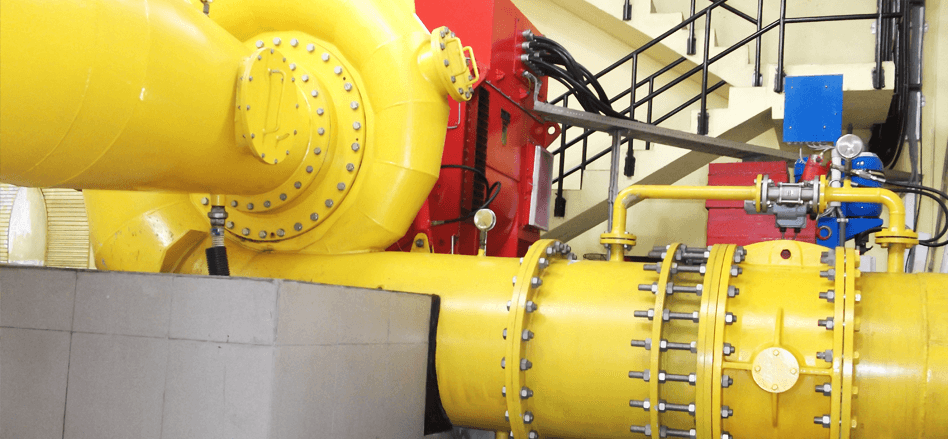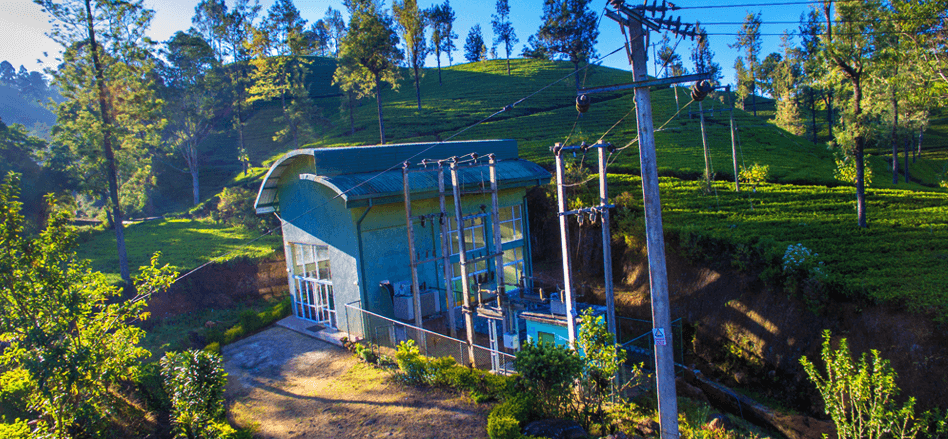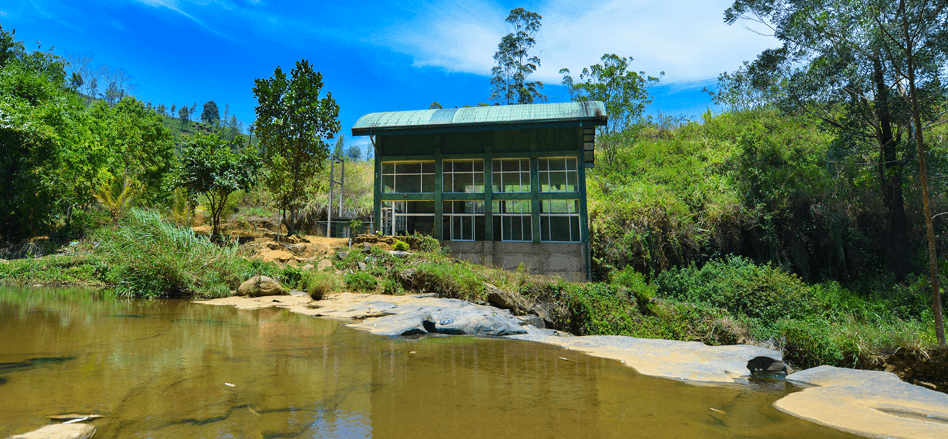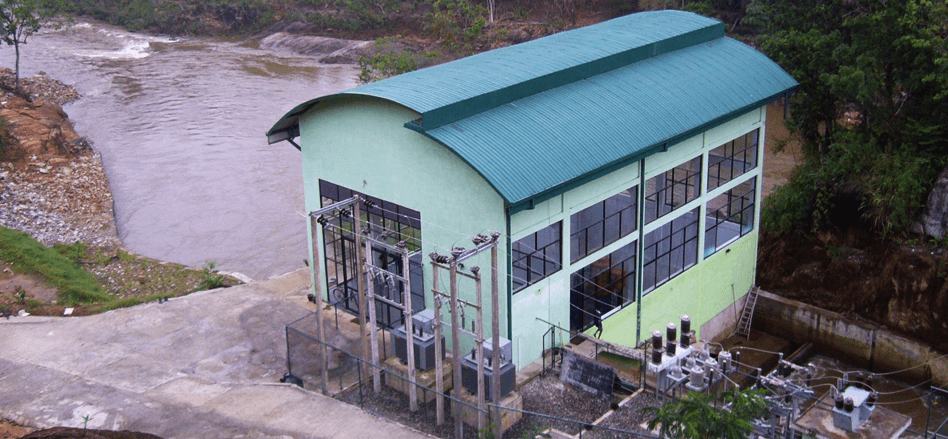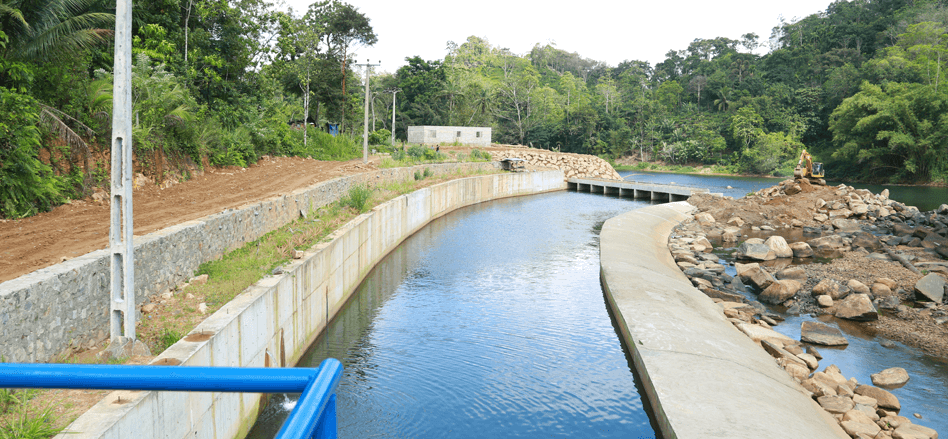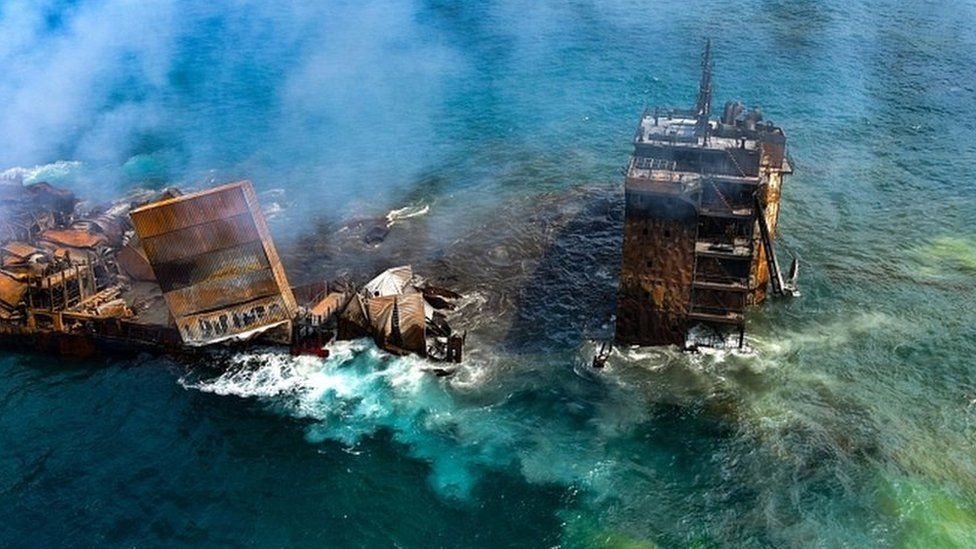Society faces a silent issue today, realized and focused on by only a few. This is the slow yet constantly rising matters related to non-biodegradable waste.
The world is facing a massive threat of environmental pollution by excess plastic wastage, due to inconvenient and inefficient plastic waste disposal methods. In addition, given the recent disaster of the X-Press Pearl container vessel facing an unfortunate fate in the Indian ocean and nurdles being exposed to Sri Lankan waters, it poses a major threat to our island-nation and has already affected the country’s aquatic life, with several fishes, turtles and other species being washed towards our shores lifelessly.

The negative impacts of non-biodegradable materials are well known today, and even with various advancements in technology today, plastic pollution still stands as a major issue, impacting various environmental characteristics, mainly global warming by rising global temperatures and contaminated waters, which affects us alike the various aquatic habitats.
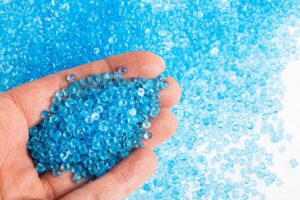
Numerous initiatives by a wide range of countries have been implemented to help action towards adapting and to utilize plastic-based materials or any form of non-biodegradable products through various recycling initiatives such as using plastic in road construction (https://www.bbc.com/future/article/20210302-could-plastic-roads-make-for-a-smoother-ride, for creating textile, yarn and fiber products (https://www.ecospindles.com/ )and burning chambers of plastic to generate heat energy. But this is practiced and attempted only by a few select countries. Which would mean that the threat of non-biodegradable/ plastic pollution still remains at large.
Plastic among many other non-degradable materials holds quite a durable and highly tolerant characteristic, this feature is transferred to the final product by being generated through the materials used to create it, and chemical additives used to manufacture such products.
Due to such physical states of these materials, it has been estimated that materials in the likeness of plastic could cost up to a couple of centuries to naturally degrade, which is quite a cost too high to bear. We are here to announce that we are ready to put the days of plastic pollution and non-degradation behind us. Such a conclusion has become possible due to the extensive research into biodegradation properties backed by Eco-Logic, a renowned company that works to provide top-tier additives for manufacturing. Through examining the intricate details of non-biodegradable materials, ‘Eco-Logic’ has been quite successful in accomplishing the feat to introduce a biodegradable solution, namely “Eco-One”.
By diving down to the level of the additives used in producing various materials, Eco-Logic was able to identify and experiment on alternative solutions, ultimately developing a biodegradable additive to be used in the manufacturing process of a multitude of products, spanning from, Bags, Fibres, Footwear, Promotional items/cards to cutlery and various other accessories. A specialty is that each final product shall retain is premium quality with no compromise, the main stand-out difference is visible when the product is discarded to degrade over time. And any product manufactured with the use of Eco-One would bio-degrade faster and naturally, as Eco-One is an organic additive that enhances the biodegradation of plastic products, through a series of chemical and biological processes in a biologically active landfill. It allows the plastic to be consumed (as a food/energy source) by the microbes.
Looking to manufacture your products in a much greener, eco-friendly manner?
Contact us today: +94 77 169 9450
Sources: DailyMirror.com, Biodegradation





